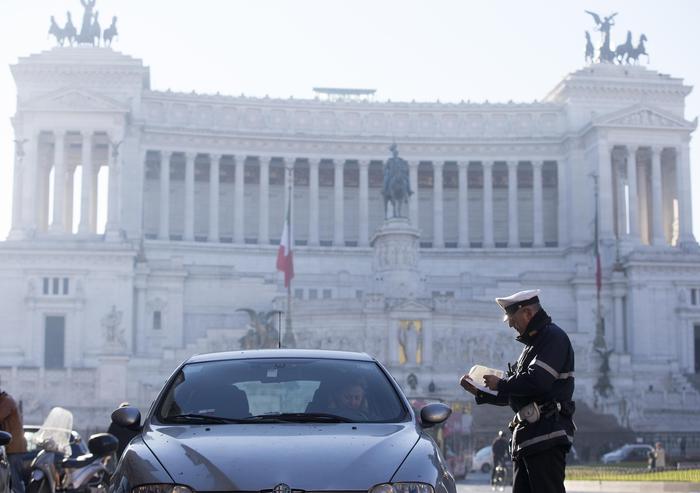ROME - The latest ARPA findings in Rome attest to a growth in the control units with overruns of the Pm10 limit. Yesterday, the day of the last survey, eleven out of thirteen were found to be 'outlaws'. Since Tuesday, specific traffic limitation measures have been taken in the city, which also concern diesels up to Euro 6. On Monday the units with values above the threshold were eight out of thirteen, Tuesday 'and Wednesday were nine out of thirteen. Yesterday by ARPA they had explained that this situation, which is also critical in the Sacco Valley, is generated both by the presence of air pollutants and by the lack of rainfall and ventilation which causes stagnation and accumulation. Sunday is also expected ecological Sunday
Anaci, heating weighs more than transport
"Once again - affirms Leonardo Caruso, president of Anaci in Milan - the topic of building heating finds a marginal space in the debate that for several days has characterized the discussion on pollution and air quality". The alarm refers to the non-replacement of obsolete and out of name heating systems. "We would need - continues the president of Anaci Milano - a concrete and real broad-spectrum programming, which involves us directly and which, through the Municipalities, starting from that of Milan, and the Region, provides for the regulation of heating systems in buildings especially in cities that have a very high population density ".
A study by the Polytechnic of Milan on the impact on urban air quality by the main sources of pollution shows that thermal systems for domestic heating have an incidence on the total of CO2 emissions in the urban area that is up to 6 times higher than the incidence of vehicular traffic. "Our commitment to rationalize the use of heating systems is constant - Caruso continues - but it is necessary to move on to a subsequent phase of the plan because it is evident that the measures adopted in an extraordinary way in the most critical moments postpone the problem. We need to adopt a planning plan in which the emergency is not the cornerstone of the measures, but the long-term forecast To improve air quality it is necessary to focus attention not only on the concept of sustainable mobility, but above all on that of heating sustainable, facilitating energy requalification interventions with the replacement of old systems to make more efficient solutions ".
CNA 'structural measures are needed, not impromptu'
"If you really want to protect the environment and public health, long-term structural measures are needed. Circulation blockages, like all impromptu measures, do not bring concrete results with regard to improving air quality and only cause economic damage to businesses, traders and craftsmen that the system, already suffering a lot, doesn't need ". This was stated by the secretary of the CNA Torino, Paolo Alberti. "It is necessary to work 365 days a year - observes Alberti - to prevent damage to the environment. It is necessary to encourage the replacement of the most polluting vehicles with incentive measures and the public sector should start to set a good example to the citizens, replacing the buses in circulation which in many cases have a length of service of more than 20 years. The impact of domestic heating and public offices on the deterioration of air quality in the winter months continues to be underestimated. to carry out a public awareness campaign throughout the year to encourage the replacement of old boilers but above all to carry out the periodic checks already provided for by law ".

